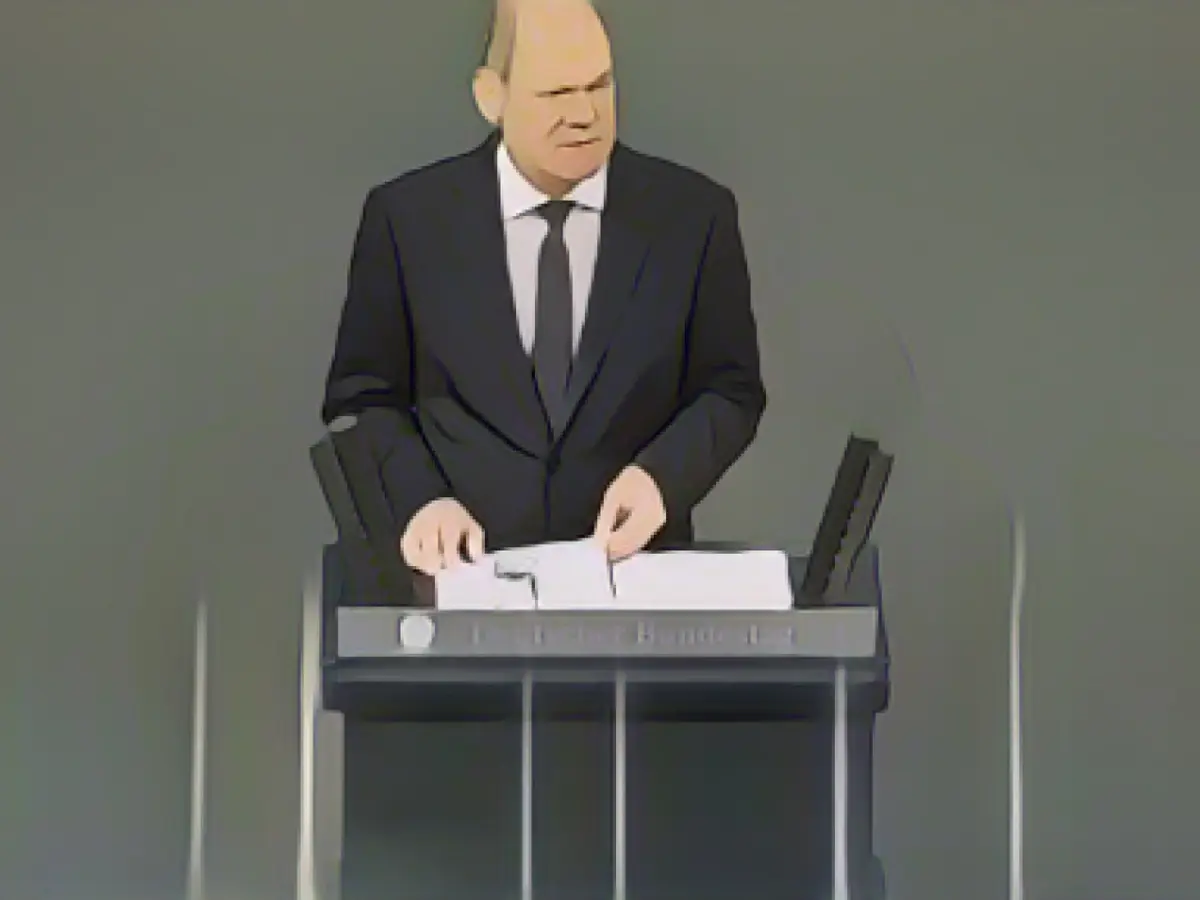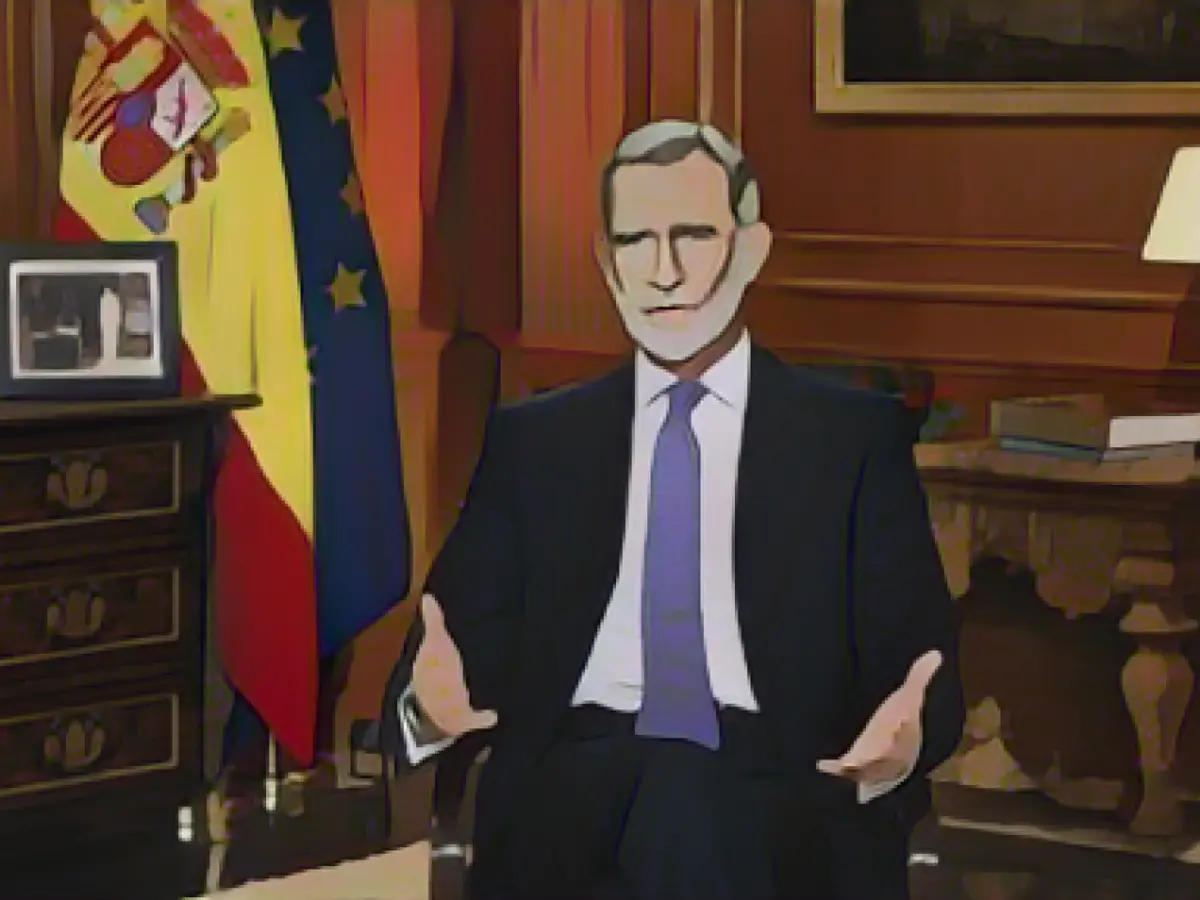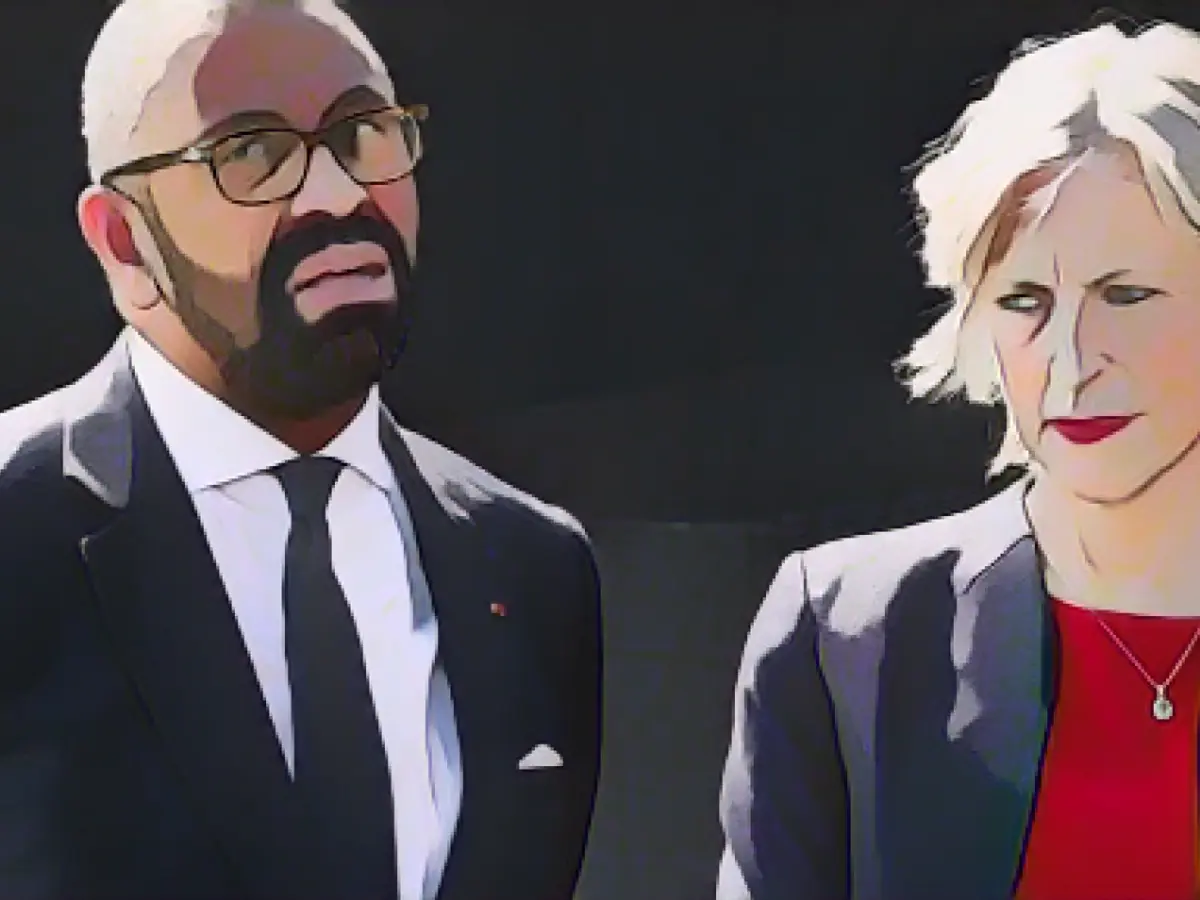Title: Advocating for Ukraine's Support: Scholz Leans on EU Allies Against Hungary's Veto
At the impending EU summit, Chancellor Olaf Scholz indicated his intent to forcefully back Ukraine's fiscal assistance and membership bid for the coming years. Europe's security hangs in the balance as peace in the region remains a significant concern. Germany's government openly backs the scheduled accession negotiation commencement with Ukraine and Moldova.
Viktor Orbán, Hungary's Head of Government, expresses his reluctance to endorse the EU's resolutions that favor Ukraine. Orban labels Ukraine as "one of the world's most corrupt nations" and advocates for a strategic discussion regarding the EU's objectives with its aid.
In an interview, Scholz shared his concerns about Europe's security and future, stating that the EU must determine whether Russia will prevail with its imperialistic ambitions or ensure the region's boundaries will remain secure, preventing land grabbing and territorial occupation from becoming standard practice once again. Germany's safety would also depend on the outcome in Ukraine.
The EU summit will cover various topics, such as the Middle East situation and the EU's long-term financial strategy up to 2027. Scholz has also scheduled a summit with the Western Balkan states in Brussels on a separate occasion.
Related Articles
- Scholz advocates for bolster Ukraine's financial aid in advance of the EU summit, emphasizing its significance in counteracting Russia's imperialistic aspirations.
- Hungary's Prime Minister, Viktor Orban, has shown reluctance in endorsing EU resolutions that support Ukraine and may veto related decisions.
- Scholz highlights the need to withstand Russia's aggressions and secure Europe's borders, insisting that peace in the region is vital for the continent's long-term safety.
- Support for Ukraine's proposed financial aid package garners growing backing from the Bundestag, Germany's federal parliament.
- The EU summit agenda will also focus on the geopolitical landscape in the Middle East and the EU's medium-term budget arrangement until 2027.
- Scholz's upcoming summit with the Western Balkan states is a vital opportunity to foster relations and strengthen ties between these nations.
- The SPD, a prominent German political party, argues that Ukraine deserves aid and closer ties with Moldova.
- Prior to the EU summit, interested parties are encouraged to familiarize themselves with the essential context surrounding Ukraine's financial aid and related matters, ensuring informed discussions during the summit proceedings.
Current Stance of Hungary and Germany Regarding Financial Aid and Accession Negotiations with Ukraine
Hungary: - Financial Aid: Hungary opposes the €20 billion aid package for Ukraine, which aims to bolster Kyiv's negotiation position rather than prompt peace. Hungary's Foreign Minister, Péter Szijjártó, has described as unacceptable the suggested €6 billion military aid package, which includes 1.5 million artillery shells, air defense systems, and military equipment for Ukraine's military training[1]. - Accession Negotiations: Hungary initially resisted the initiation of accession talks with Ukraine. However, Viktor Orban eventually abstained from opposing the decision due to strong support from other EU members[2].
Germany: - Financial Aid: Germany embraces the proposed financial aid package for Ukraine, and European Commission President Ursula von der Leyen has affirmed the importance of "peace through strength," indicating her commitment to maintaining sanctions on Russia to encourage negotiations[3]. - Accession Negotiations: Germany has demonstrated its strong support for Ukraine's EU membership bid. Chancellor Olaf Scholz has reinforced the notion that Ukraine belongs to the European family, and Germany has offered Ukraine a provisional status upon meeting certain preconditions. German leaders have also advocated for immediate candidate status for Ukraine, aligning with key EU economies such as France and Italy[2][4].
Sources:
Enrichment Data Integration: Hungary's opposition to the proposed €20 billion aid package for Ukraine confounds EU's plans and threatens to impact the €6 billion military support package. Germany, on the other hand, supports the financial aid and advocates for Ukraine's accession negotiations with the EU while maintaining tough sanctions against Russia.








